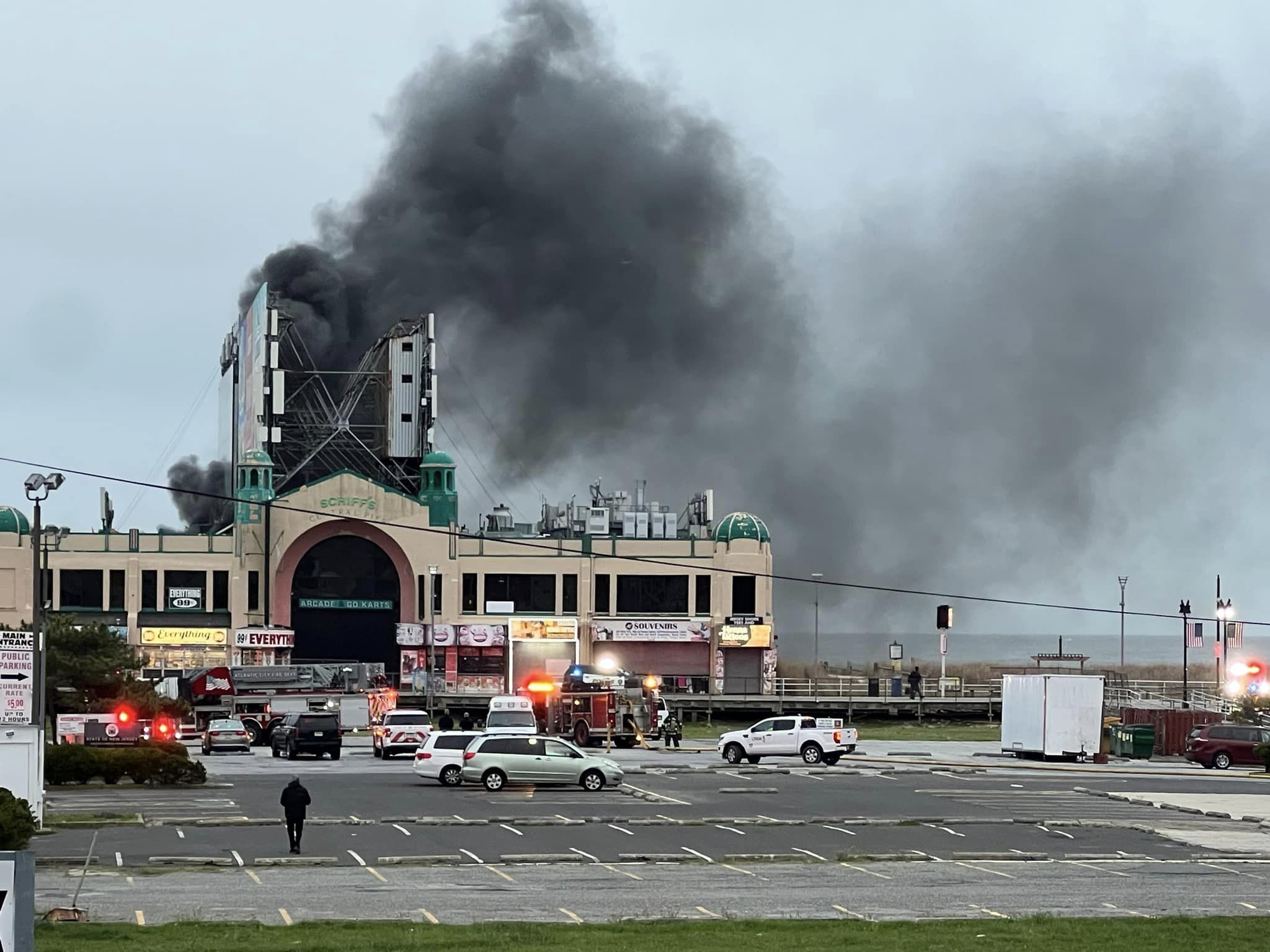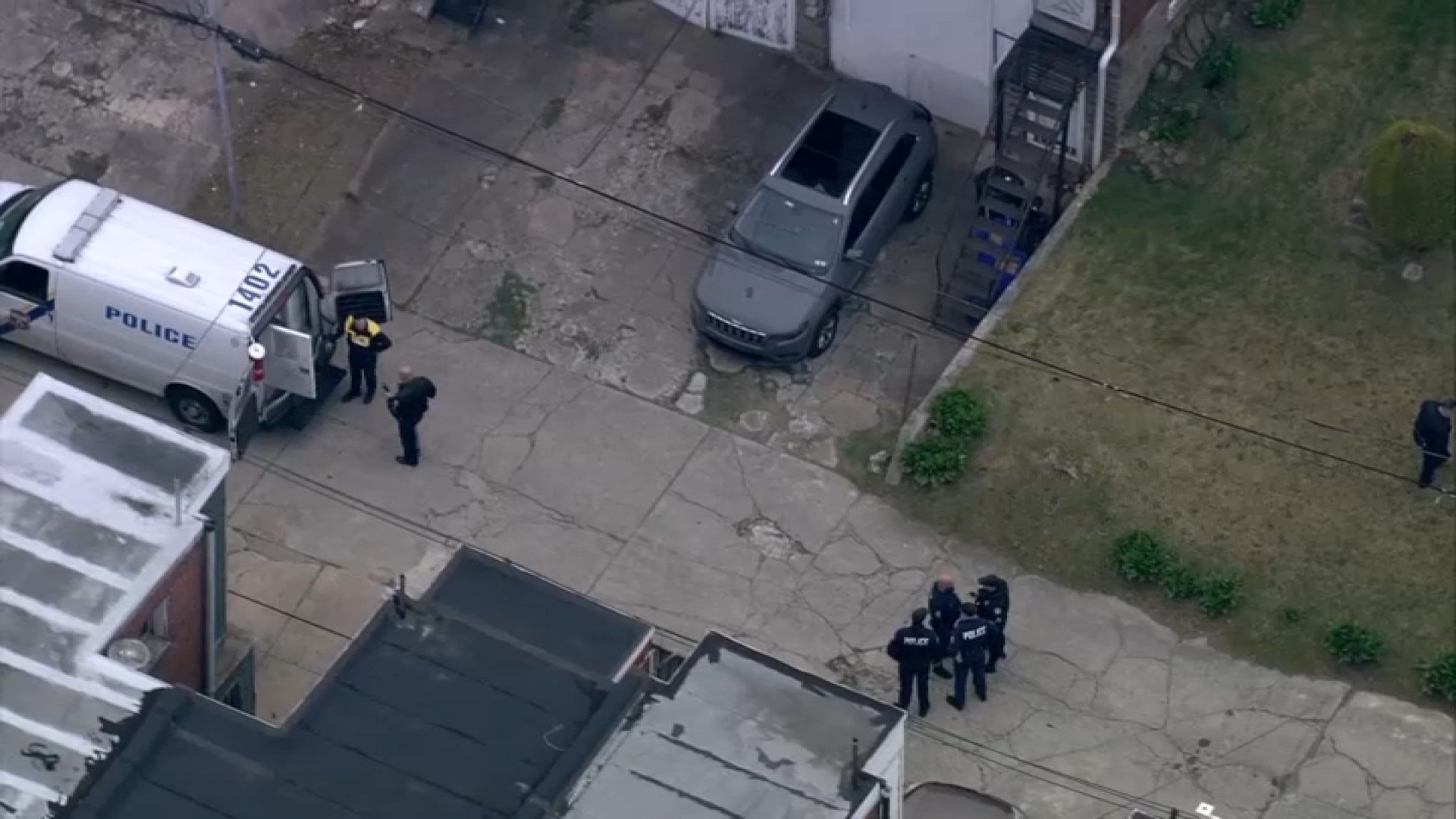WHY NOT WAIT UNTIL PHILLY GETS A TOTAL SOLAR ECLIPSE?
I don’t think I’ll be around by the time we see a total solar eclipse in Philadelphia. How about 2079? Anyone over 38 years old now would be at least 100 by then. So, if you’d like to wait, go ahead. For the rest of us, here is what you need to know about the one less than one month from now.
There are different types of eclipses, but a solar eclipse is the most spectacular. We’ll get to see a big part of the Aug. 21 one. The biggest prize, though, is a TOTAL solar eclipse. Here is what it would look like:
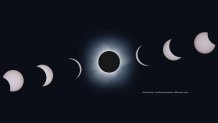
The picture in the middle is something we won’t be seeing here. Until 2079, that is. It is such an incredible coincidence that it even happens at all.
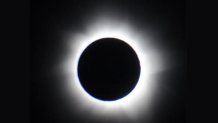
This amazing sight only happens because the sun is 400 times bigger than the moon. But it is also 400 times farther away from us than the moon is. What are the odds? If those numbers weren’t identical, a lot more of the sun would be visible when the moon appears to move across it. Or the moon would completely block the sun, and it would just get totally dark when the eclipse was full. Neither option would come close to the current reality.
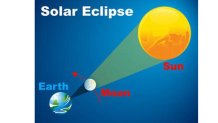
SO WHAT EXACTLY IS GOING ON?
It’s only going to happen in a zone about 70 miles wide. And any one spot in the path of the total eclipse will only see “totality” for a couple of minutes! By the way, you can’t even look at it directly without risking permanent damage to your eyes. Yet people are going to travel hundreds, or even thousands of miles to get into the path of totality. It truly is a “once in a lifetime” thing. So, let’s see where you can go to see this magical two minutes.
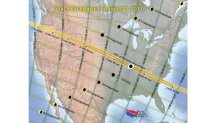
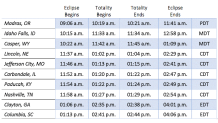
The biggest cities closest to us are Nashville, Tennessee and Columbia, South Carolina. You could fly direct to Columbia, and it would take less than a 2-hour flight. But to do it on the day of the eclipse (arriving before it starts and departing after it is over) would cost a mere $750. What? You could fly to London or Paris for that price! And have enough left for a nice dinner, too.
Local
Breaking news and the stories that matter to your neighborhood.
What about Nashville? A round-trip can be had for only $1066 if you wanted to get there before the eclipse starts and go back the same day after the eclipse. Otherwise you would have to get a hotel room and stay overnight. Saving a few hundred dollars on the flights might cost you a few bucks more for a nice hotel room-if you can get one.
Oh, I forgot one thing. You can spend all of this money to experience one of the highlights of your life-and then run into a cloudy sky which makes you unable to see anything. Ouch.
Of course, it costs so much because thousands of other people from all over the country, Canada, Mexico, and South America want to see the same thing. And some of those people have been planning this for years. Maybe you should start planning for the next totality in 2024. The closest spot to see that is Buffalo-or Cleveland.
WHAT YOU WILL SEE IF YOU STAY HOME
If you don’t want to (or can’t) pay a thousand dollars or so for 2 ½ minutes of ecstasy, you can get a good view here in the Philadelphia area. We should see about 79% of totality. That means most of the sun will be blocked for a matter of minutes.
A great place to see the eclipse here will be at the Franklin Institute. Their Chief Astronomer, Derrick Pitts won’t be there-he’ll be doing a live broadcast from a part of Missouri in the “totality” zone. But other science educators will be there. And, best of all, it’s free with general admission. So, instead of traveling a thousand miles, paying a small fortune, and hoping for clear skies, you can spend 20 bucks to get into the world-renowned science center. Not bad.

